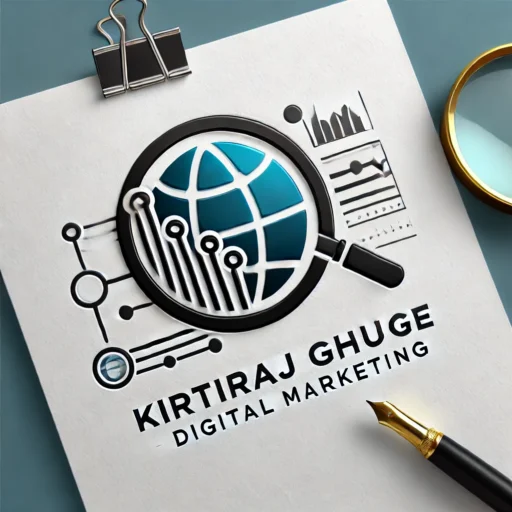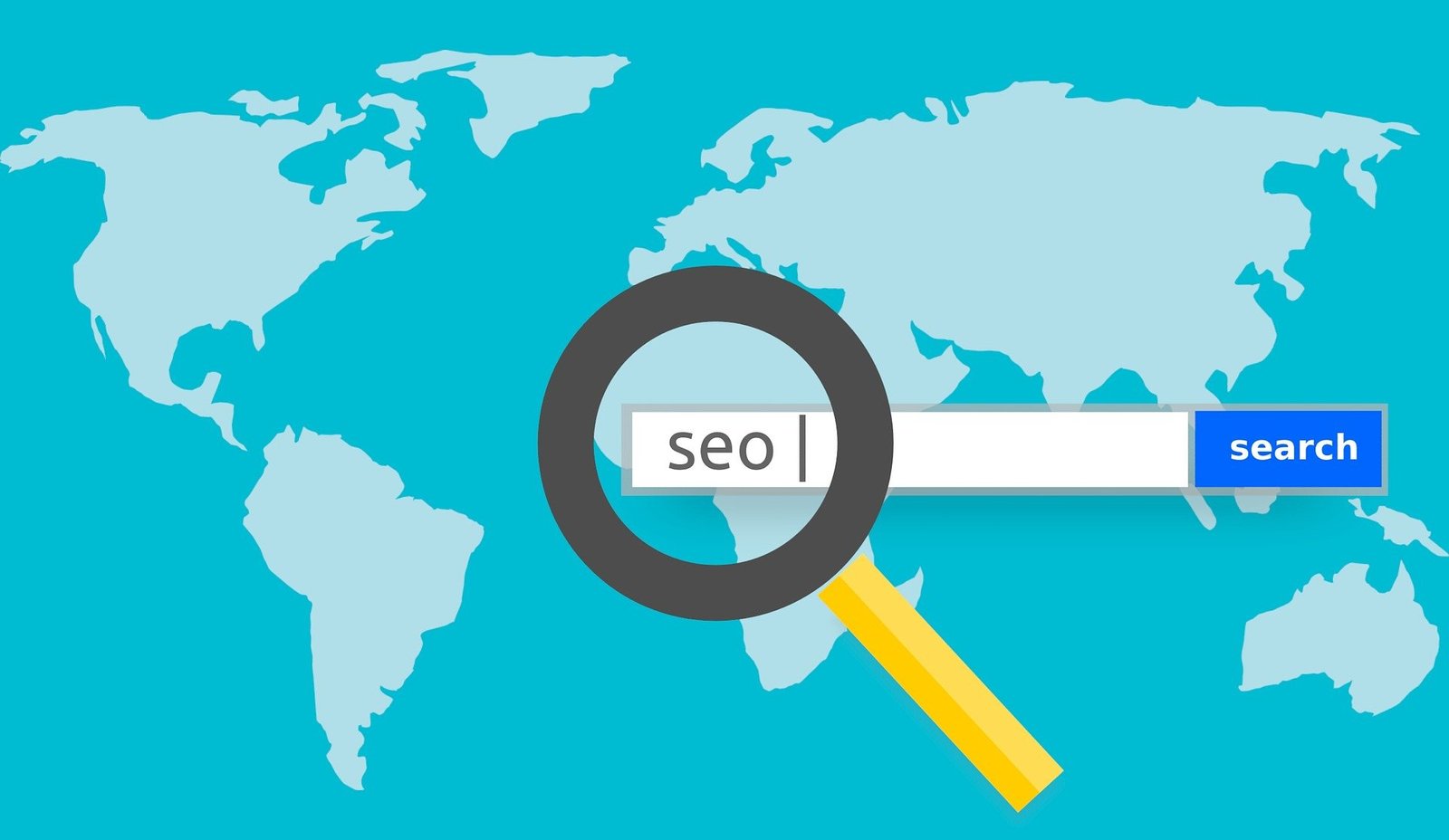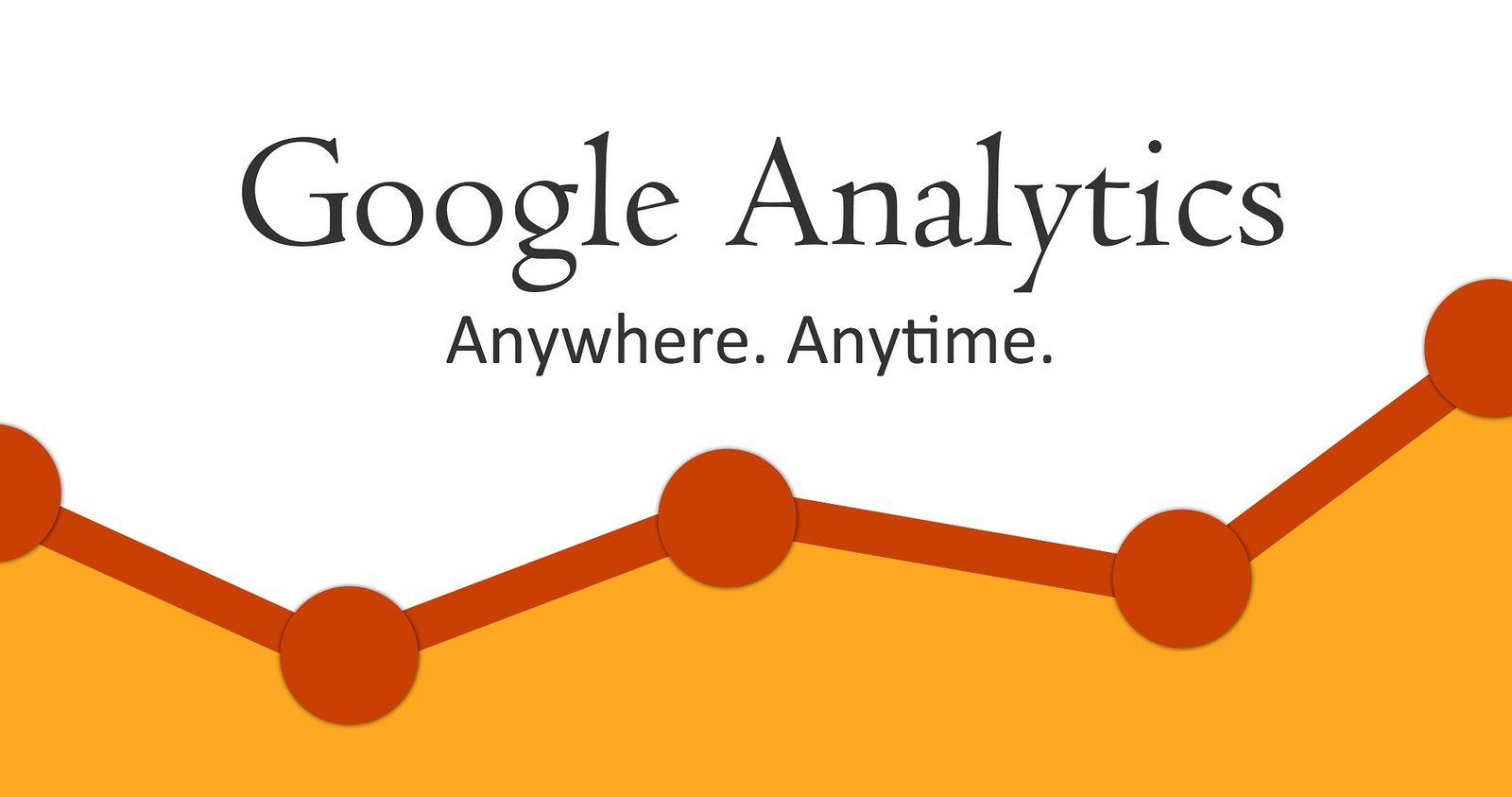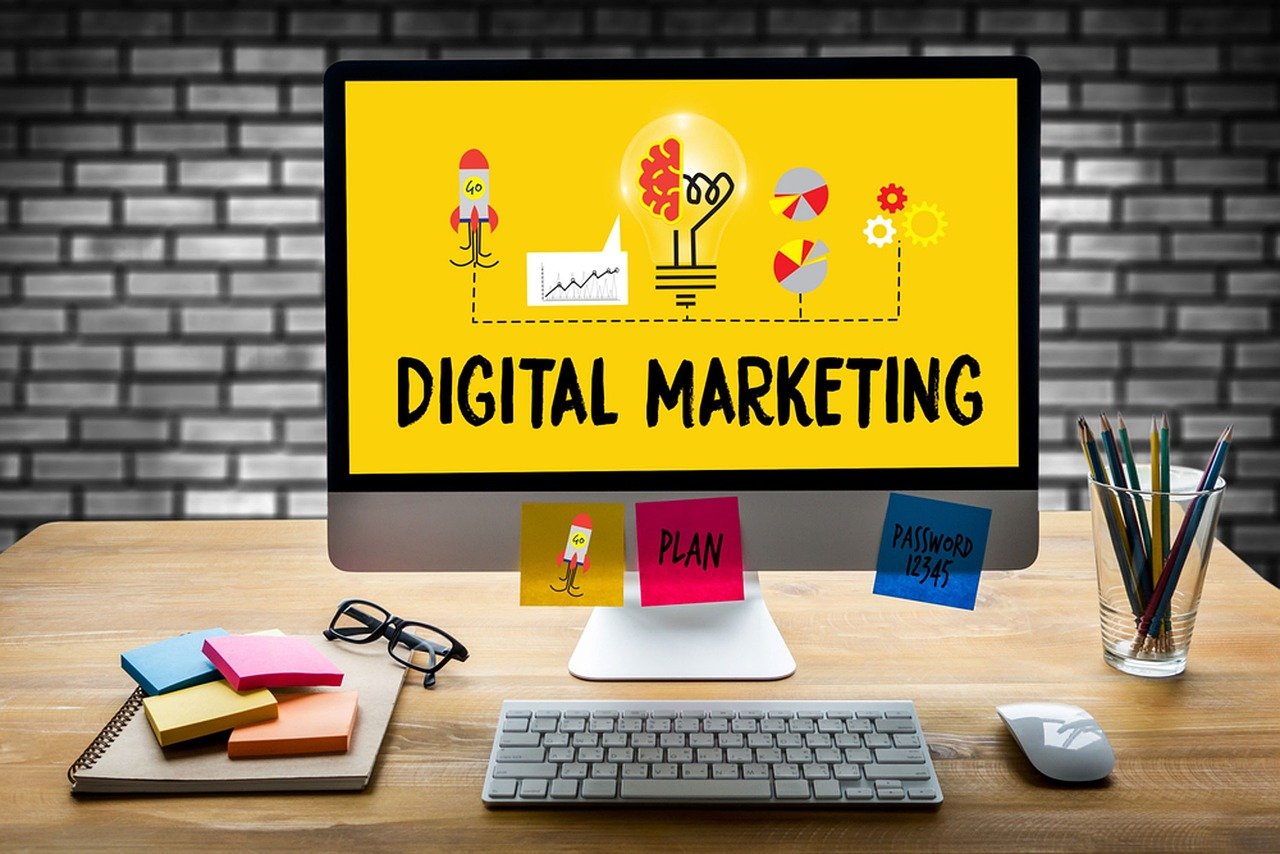Why Backlinks on Indexable Domains Matter for SEO
Not all backlinks are created equal! One of the most overlooked aspects of link building is ensuring that your backlinks come from indexable domains rather than non-indexable ones.
When a domain is indexable, search engines can crawl and index its pages, meaning your backlink will pass link equity (SEO value). But if the domain is non-indexable (e.g., blocked by robots.txt, noindex tags, or canonicalization issues), that backlink holds little to no SEO benefit.
✅ Indexable backlinks help:
✔ Improve your website’s authority
✔ Boost your rankings in search results
✔ Drive organic traffic
❌ Non-indexable backlinks:
✖ Don’t contribute to SEO rankings
✖ Might not even be discovered by Google
✖ Waste your efforts in link-building
Before acquiring backlinks, always check if the domain is indexed in Google. A simple “site:domain.com” search can help you verify this.
#SEO #Backlinks #LinkBuilding #Indexing #GoogleRanking










